Enough politics, here’s an update on flood-hit villages near Larkana
I was watching TV last night where a woman called into a prime time talk show and beseeched the journalists to give some updates on the flood-hit parts of Pakistan. Enough of politics and Imran Khan, she said, when my friends abroad ask me for information I actually don’t know what is going on. For God’s sake tell us.
I felt ashamed. We really truly had abandoned telling people about what is happening in those villages. That night, on our work WhatsApp group, our newsroom decided to put more effort into getting updates from areas that were hit by the floods.
One person I know who has been working since the waters came in August is Naween Mangi. A disclaimer here: She is a friend and was a journalist who was my first boss in a newsroom. Since she left journalism after working for Bloomberg, she has been working in her village of Khairo Dero outside Larkana for about 15 years. It was through her that I had much firsthand information about what happened in the floods. I decided to do a quick interview with her on what she had learnt from working in her area.
In this recorded Zoom call we had this morning, I asked her all the questions I had about the latest situation and what needs to be done. Some takeaways:

- The most urgent need is to rebuild homes. People are saying they want one room and will add on later. They are reusing bricks from their collapsed houses. But this time the design is to lay a more sturdy foundation with iron or saria. The people are putting in their own labour and just need engineering advice and help with buying cement and extra bricks or roofing materials.

-
People need blankets and winter clothing and shoes.
-
When the disaster hit people asked for tents but they were too hot to use. People found better use for plastic sheets to get shade in the September heat. Next time a disaster hits, we don’t always need to assume tents are the solution.
-
Ask people what they need because, like most of us, they actually are the best judge of what they need. Making assumptions leads to misplaced donations.
-
Don’t donate substandard medicines and dry packed goods.
-
People do not necessarily always need bottled drinking water. It is advisable to ask first because in many areas it could be the case that the groundwater is perfectly clean and usable (especially after a flood).
-
Respecting and upholding the dignity of people should ideally be a priority when distributing aid. A system of surveying families and issuing tokens may be labour-intensive but can prove much better than driving a truck into town and throwing ration bags from it, which only the fittest can get their hands on in a crowd.
-
Rations bags have to be designed to really cater to family needs. Flour and rice measurements should be on the higher side.
For the latest news, follow us on Twitter @Aaj_Urdu. We are also on Facebook, Instagram and YouTube.

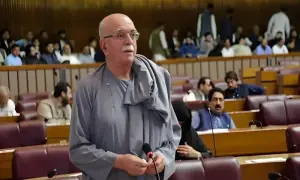

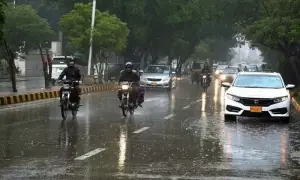
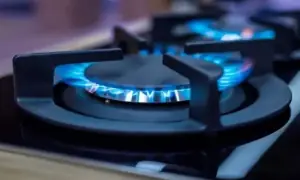
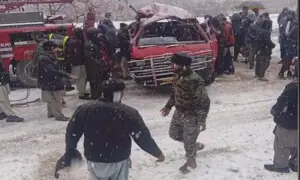


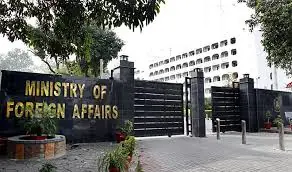
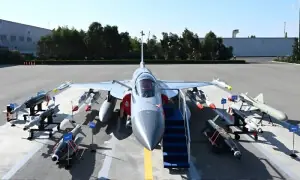
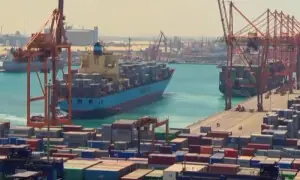

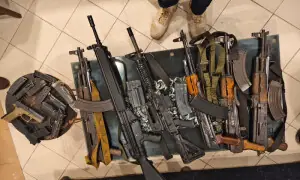
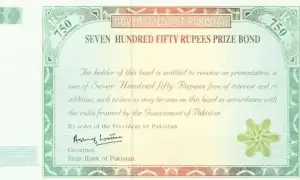

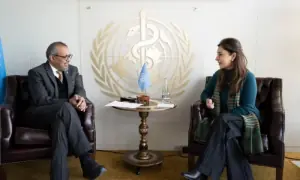

Comments are closed on this story.